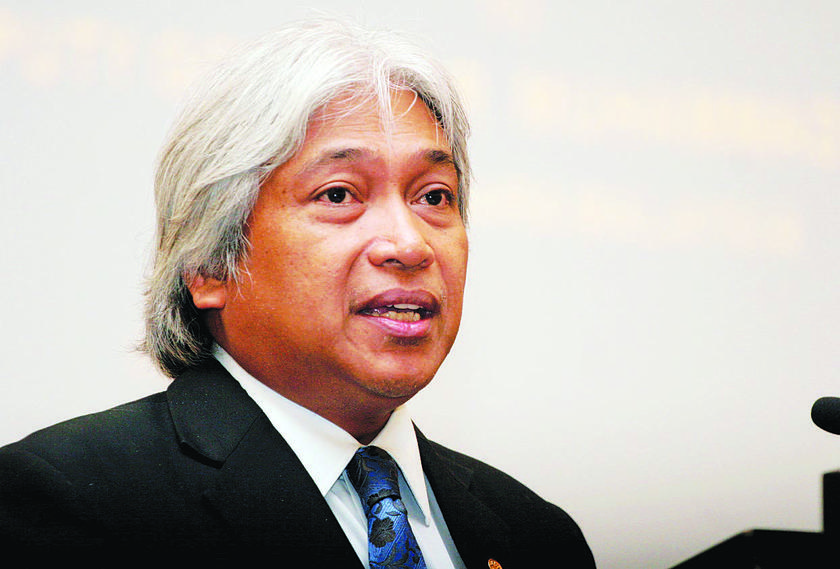KUALA LUMPUR, April 27 — Malaysia named a deputy governor as the new chief of the central bank today, after months of market uncertainty ahead of the retirement of longstanding leader Tan Sri Zeti Akhtar Aziz.
Datuk Muhammad Ibrahim, will take over effective May 1 for five years, according to a statement from the Prime Minister’s office.
“I am confident that under Muhammad’s leadership, Bank Negara Malaysia can continue its service in helping the government, providing advice and views for catalysing the country’s economic growth, as well as administer monetary policy and overseeing the country’s financial industry, including continuing Bank Negara Malaysia’s efforts to grow the financial industry,” Prime Minister Datuk Seri Najib Razak said in the statement.
The ringgit turned firmer after the announcement.
Muhammad has a tough task ahead, with slumping oil and commodity prices dragging on the economy and a simmering political scandal at home that has worried global investors.
He will chair his first policy meeting on May 19. His first public appearance will be when first quarter growth figures are announced on May 13.
Zeti’s steady hand
After Zeti’s steady hand on the tiller for 16 years, businesses and investors will be looking for policy continuity and assurances about the central bank’s independence.
So far this year, Malaysia’s currency and bond markets have enjoyed a degree of calm after being battered in 2015 by worries about the impact of tumbling energy prices on the government’s finances and political uncertainty. The ringgit lost nearly 19 per cent against the US dollar last year.
Zeti, who steps down on April 30, was named as one of the world’s best central bank chiefs by Global Finance magazine in 2009.
Muhammad was seen as one of the favourites to take over from Zeti, having been one of her deputies since 2010. During a career spanning 32 years with the central bank, Muhammad held a key role during the Asian financial crisis as managing director of Danamodal Nasional Berhad, a bank recapitalisation agency.
The new governor is a member of the central bank’s monetary policy committee and is an independent director on the board of national oil firm Petronas.
A chartered accountant and University of Malaya graduate, he holds a master’s degree from Harvard University and a postgraduate diploma in Islamic banking and finance from the International Islamic University Malaysia.
South-east Asia’s third-largest economy grew 5 per cent in 2015, slowing from 6 per cent in 2014. In January, Najib revised the 2016 budget to reflect sharply lower oil prices and cut this year’s GDP forecast to 4.0-4.5 per cent from 4.0-5.0 per cent. — Reuters



















